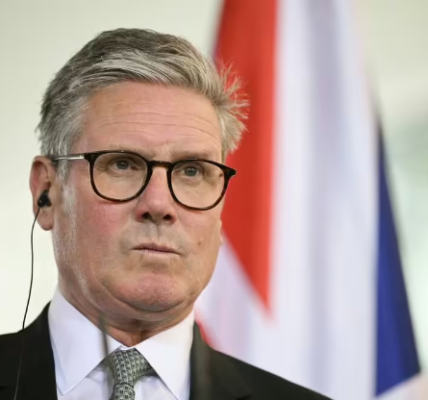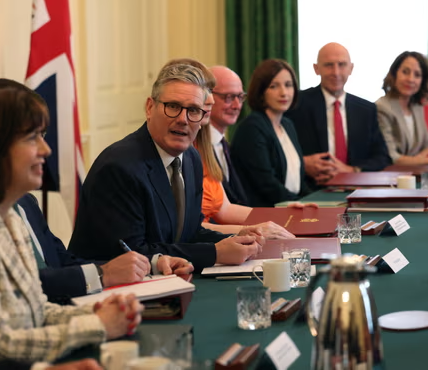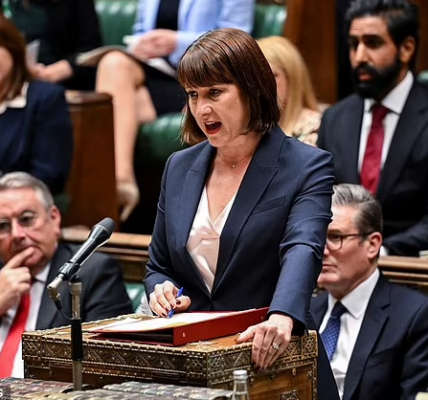Britain needs to completely reform its space policy to offset the increasing threats from China and Russia, a report warns.

An orbital challenge: A policy change is needed as UK faces threats (Image: Yuichiro Chino)
“The threats are worsening. China and Russia are building counter-space capabilities ranging from the ability to push satellites out of orbit to direct descent missile and lasers,” said space expert Gabriel Elefteriu, of the Council on Geostrategy think tank.
US Space Command has already warned China’s experimental Shijian-17 satellite is equipped with a robotic arm which could shunt satellites out of position.
Other methods include directing other smaller satellites to deliberately collide with their targets. Even the ability to adequately deal with Russian hypersonic missiles is a space issue, he said.
While the US is building a multi-layered sensor constellation to address the hypersonic threat, Mr Elefteriu added we cannot continue to rely on allies.
“It’s vital we develop our own sovereign capabilities,” he said. “Relying heavily on allies such as the US in the space domain is increasingly fraught with risk, as their forces could also struggle in a crisis.”
He recommends fusing civil and military domains to form a single National Space Enterprise to cut waste, re-prioritise national security and place UK space power on a par with France.
It follows a damning report by the National Audit Office suggesting a complete lack of oversight, noting that during the last eight years “the UK had generated the highest cumulative deficit of any European Space Agency member”.
This means Britain has invested more into the ESA than it has got back in contracts for industry.
In his report Better Space, Mr Elefteriu said four steps were vital. The first is giving the UK Space Agency new authority as a “three star” organisation responsible for civilian and military capabilities which would report directly to the Government.
Secondly, all publicly funded research and development agencies should be consolidated under a single Space Missions Centre reporting to the UKSA. Thirdly, consolidate all sovereign civil and military orbital capability requirements under a single operational plan aligned with UK’s space interests. This would then become the heart of Britain’s space programme.
Finally, Britain must cease a 10-year space technology research and development plan deliberately linked and designed to support both civil and defence objectives.
Mr Elefteriu added: “Time is running out. China and Russia are catching up fast, and we are in a more dangerous space environment than ever before.
“Russia, despite its war in Ukraine, continues to use its wartime budget to invest in key military space capabilities. We need to show long-term vision, like with the Aukus submarine plan which looks forward to 2050.”


